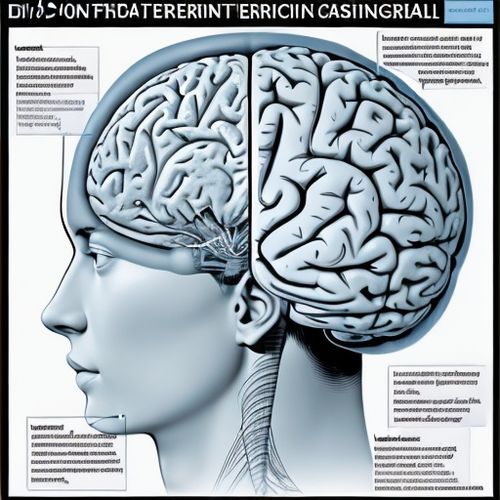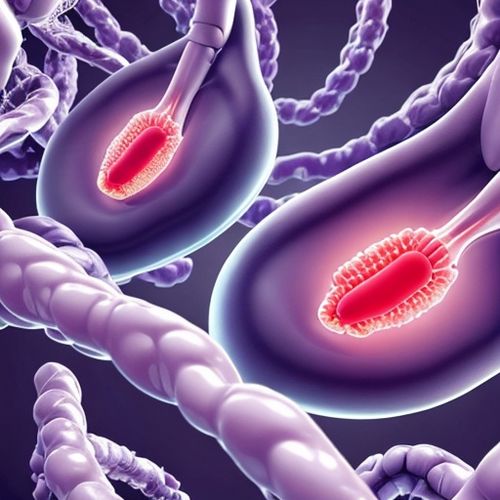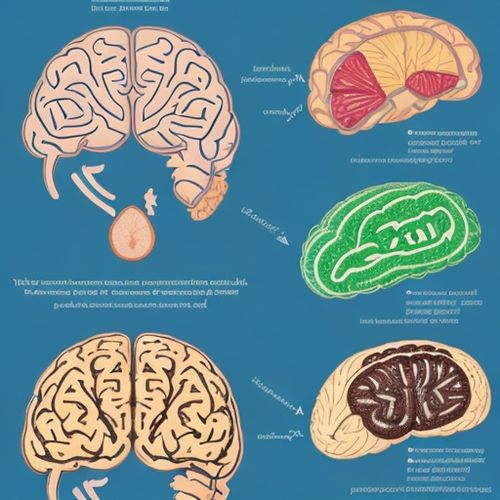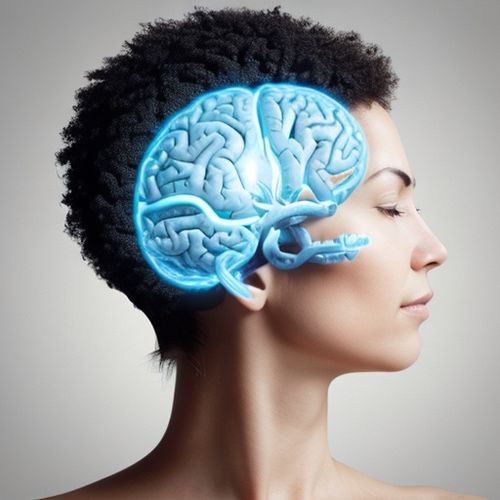Reasoning is a fundamental cognitive ability that allows us to draw conclusions, solve problems, and navigate complex situations. Understanding the neural basis of reasoning has long been a focus of neuroscience research, with recent studies shedding light on the specific brain regions involved. A groundbreaking study by researchers at University College London (UCL) and University College London Hospitals (UCLH) has identified the right frontal lobe as a key region for logical thinking and problem-solving.
The Study and Its Findings
Published in the journal *Brain*, the study utilized a method known as "lesion-deficit mapping" to pinpoint the brain areas essential for reasoning. This approach involves examining patients with localized brain damage, typically caused by stroke or brain tumors, to determine how specific injuries impact cognitive functions. The study included 247 patients with unilateral focal brain lesions in either the left or right frontal or posterior regions, as well as 81 healthy individuals as controls.
To assess reasoning skills, the researchers developed two novel tests: a verbal analogical reasoning task and a nonverbal deductive reasoning task. The verbal task involved questions like, "If Sarah is smarter than Diana and Sarah is smarter than Heather, is Diana smarter than Heather?" The nonverbal task required participants to identify patterns among numbers, shapes, or pictures, such as determining which set of numbers (5,6,7 or 6,5,7) is most similar to 1,2,3.
The results were striking: patients with damage to the right frontal lobe performed significantly worse on both tests, making about 15% more errors than those with damage in other areas or healthy individuals. This finding underscores the critical role of the right frontal lobe in reasoning and fluid intelligence, which is the ability to solve problems without prior experience.
Implications for Neuroscience and Clinical Practice
The study's findings have significant implications for our understanding of the neural mechanisms underlying reasoning. Previous research, often relying on functional magnetic resonance imaging (fMRI) in healthy individuals, provided correlational evidence but could not establish causality. The lesion-deficit mapping approach used in this study offers a more definitive understanding of which brain regions are essential for specific cognitive functions.
Moreover, the study highlights the importance of the right frontal lobe in both reasoning and fluid intelligence, suggesting that these cognitive abilities share a common neural basis. This insight could lead to more targeted treatments for individuals with cognitive impairments resulting from brain injuries.
Clinical Applications and Future Directions
The researchers believe that their findings could improve the diagnosis and treatment of cognitive deficits in patients with brain damage. The new tests developed in the study could be used to detect reasoning problems that might otherwise go unnoticed, allowing for earlier intervention and more effective rehabilitation. The team aims to validate and implement these tests more widely in the UK's National Health Service (NHS) to address the unmet need for tools specifically designed to assess right frontal lobe dysfunction.
Future research may further refine these tests and explore their effectiveness across diverse patient populations. Additionally, studies could investigate whether targeted cognitive training can enhance reasoning abilities in individuals with right frontal lobe damage, potentially improving their quality of life.
The identification of the right frontal lobe as a key region for reasoning represents a significant advance in our understanding of the neural basis of cognitive abilities. This study not only deepens our knowledge of how the brain supports reasoning but also offers practical tools for clinical practice. By recognizing the critical role of the right frontal lobe, we can develop more effective strategies for diagnosing and treating cognitive impairments, ultimately enhancing the lives of those affected by brain injuries.

By Lily Simpson/Apr 23, 2025

By Lily Simpson/Apr 23, 2025

By George Bailey/Apr 23, 2025

By Ryan Martin/Apr 23, 2025

By David Anderson/Apr 23, 2025

By Victoria Gonzalez/Apr 23, 2025

By Benjamin Evans/Apr 23, 2025

By Christopher Harris/Apr 23, 2025

By Olivia Reed/Apr 23, 2025

By Emma Thompson/Apr 23, 2025

By John Smith/Apr 23, 2025

By Emily Johnson/Apr 22, 2025

By Samuel Cooper/Apr 22, 2025

By Olivia Reed/Apr 22, 2025

By Sophia Lewis/Apr 22, 2025